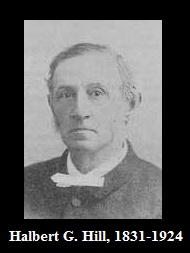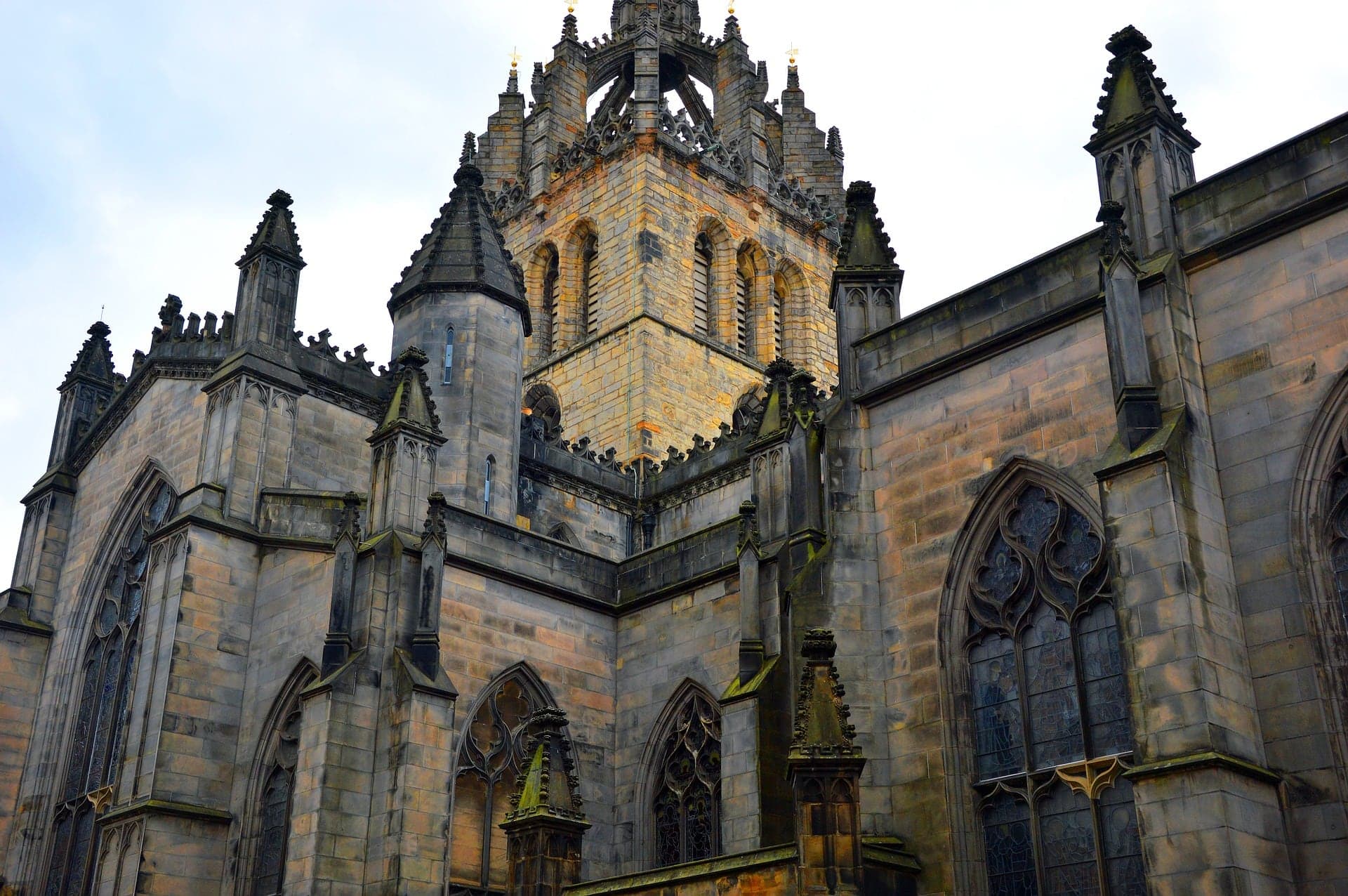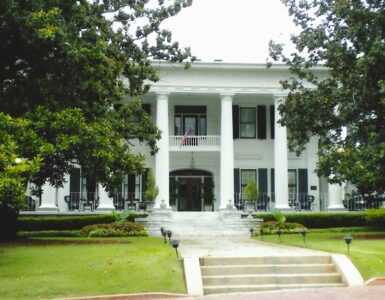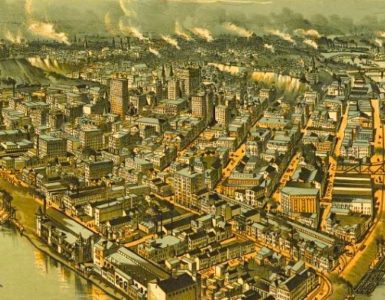
The overture that follows is referred to in the article “Membership Vows Origin, Presbyterian Church in America.” It came as Overture No. 10 before the General Assembly of the Presbyterian Church in the United States (PCUS) which met in Chattanooga in 1889. Moderator Halbert G. Hill (1831-1924) appointed eleven to the Committee on Bills and Overtures including ministers John L. Girardeau, Joseph J. Bullock, Jonah W. Lupton, Evander McNair, Philip B. Price, Charles H. Dobbs, Archibald Alexander Doak Tadlock (four names, one man), and William E. Baker, along with elders G. W. Logan, A. G. Adams, and John A. Womack. The signers of the overture from Concord Presbytery were ministers Benjamin L. Beall, Colin A. Munroe, Alexander L. Crawford, and Charles M. Tidball, who were joined by elders Jno. W. Kirby, R. L. Beall, and E. W. Faucette.
BARRY WAUGH
Overture No. 10.—In the year 1866 our General Assembly affirmed as follows: “The doctrine that the church in its organized capacity, with its officers and courts, is the sole agency which Christ hath ordained for its own edification and government, and for the propagation of the faith and the evangelization of the world,” as set forth in that formulary (i. e., Form of Government), clearly teaches that the church is God’s Bible and Missionary Society. Minutes, 1866, pp. 37, 38.
In 1888 our General Assembly issued the following recommendation, viz.: “Your committee recommend that this General Assembly commend the formation, wherever practicable, of Men’s Missionary Associations, as also Women’s Missionary Associations, (to be under the direction and control of the sessions), wherever they do not now exist.” Minutes, 1888, p. 430.
As explanatory of this overture, we beg leave to say that it does not contemplate inorganic associations, or committees of members, formed with reference to such work as pertains to the church in its organized capacity, and intended for the distribution of such labor as devolves on our members as members of Christ’s body, and which, from first to last, recognize them in this capacity, and which, by virtue of being thus constituted, are so under the immediate direction and control of the sessions as to be entirely subject to their official rule, and so also as to be perpetuated, modified and dissolved at the option of these courts of the church; but it contemplates such voluntary missionary associations, or societies of human origin, as are organic bodies, and which are either visibly distinct in organization and existence from the organized church, or seek, through the direction and control of sessions, to be associated with the church, and to be recognized as agencies for doing its work, and which may, by their own choice and act, be combined in presbyterial unions.
Having in view societies of this kind and tendency, our General Assembly is respectfully overtured to make such deliverance as will reconcile the above recited acts of 1866 and 1888, and such deliverance as will—
1. Defend the church against such confusion as would result from an arrangement which would, if extended, so multiply associations as to include many, if not all, of the specific objects of the church’s mission, thus tending to supersede or displace the organized Church of Christ with societies of human origin.
2. Such as will guard against giving undue prominence to one object of church work to the injury of others, by diverting from them the sympathy, energy, and offerings of our members.
3. Such as will tend to secure the visible unity of the church in its efforts to accomplish its great end, and to confirm our members in the doctrine that it is, by divine constitution, a missionary society, every member of which is bound by covenant obligation to seek the salvation of souls by personal efforts and oblations in his own appropriate sphere; and that this church “is to do her own work in her organized capacity, through her courts and her own executive agencies,” independently of employing distinct societies as its collecting agents, which practice, if extended, would transfer this function to agents for all the benevolent objects which depend upon the offerings of God’s people.
4. Such as will tend to defend against that feeling of independency and alienation from the organized church which rival institutions naturally invite.
5. Such as will protect our sessions against a practice or arrangement which would divert their control from the organized church, on which it officially terminates, and would, if extended, transfer it to distinct bodies, and these so multiplied as to represent many, if not all, of the objects included in the church’s mission.
6. And such as will emphatically affirm the doctrine of Christ’s absolute and undivided authority as Ruler in Zion, and that the church, as he has organized and equipped it, is competent to do the work which he has for it to do, independently of agencies of man’s devising.
Furthermore, in view of the facts that the formation of the ladies’ missionary societies in presbyterial unions is publicly advocated within our bounds, that already this idea is practically realized to some extent; that one or more of these presbyterial unions proposes to itself presbyterial “care and direction,” and to “carry on its work through the Executive Committee of Foreign Missions of the Southern Presbyterian Church,” and that these presbyterial unions logically tend to combine in synodical and ecumenic conventions; therefore, while according to all the liberty wherewith Christ hath made them free, and herein impugning the zeal and motives of none, we still further overture your venerable body to consider the propriety of making a deliverance touching the following particulars—
1. The propriety of discouraging our members to unite in the proposed unions.
2. The power of Presbytery as a court of the church to either form or to propose measures for the formation of such distinct outside agencies as presbyterial unions, or to extend to them her official “care and direction.”
3. Whether or not it falls within the province of our Executive Committee of Foreign Missions to lend itself to voluntary associations as an agent through which to carry on their work in behalf of a specific object of the church’s mission.
Answer—Your Committee recommend that the Assembly, without expressing any opinion on the subject involved, send down this overture to the Presbyteries, with the direction that they patiently consider the whole subject of societies within and without the church, together with the subject of tithing as a means of raising the funds of the church, and return carefully formulated papers upon these points to the next Assembly. [adopted]





